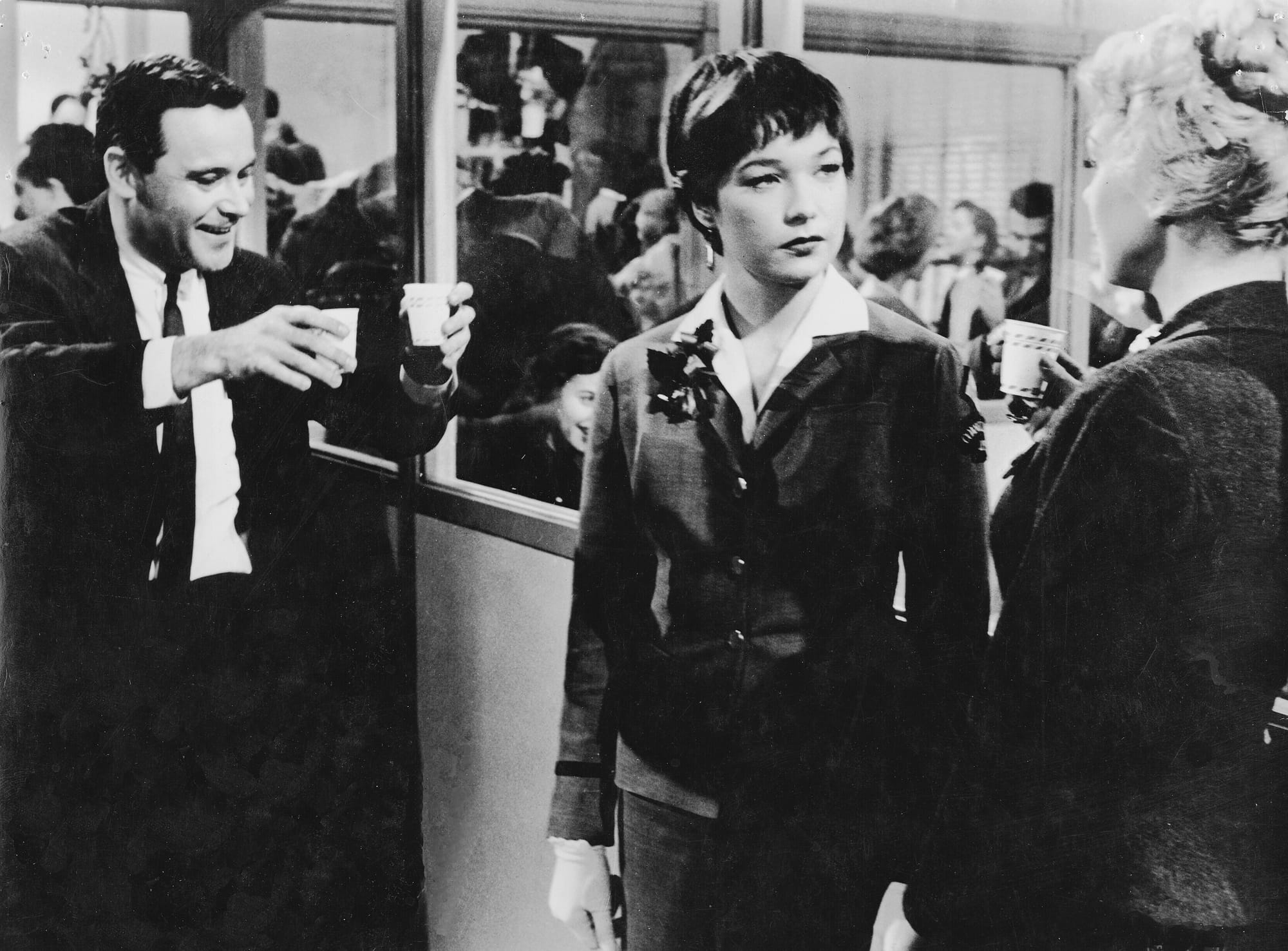
The day I tire of watching a film I haven't seen, a new drama or revisiting a brilliant movie classic, will be the day I hang up my journalist hat. I can't see that ever happening. So here, without further ado, is the Luminaries Magazine Slow Arts and Entertainment Review for early February, with the best film, drama and radio to watch and listen to now and wallow and luxuriate in the art of storytelling and celluloid escapism, slothfully, dear reader.
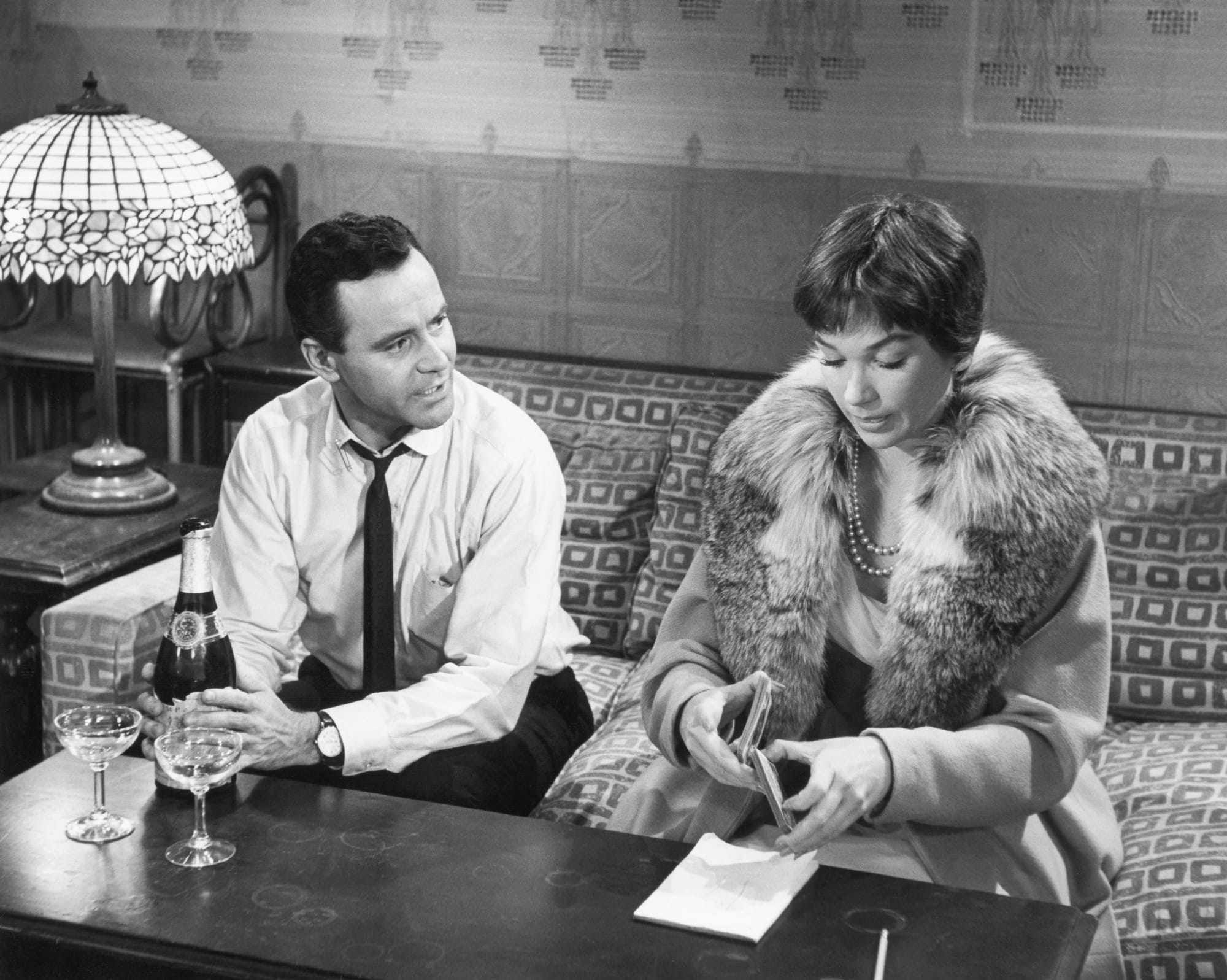
As an obsessed film buff and journalist, I have been watching some captivating classic sixties film masterpieces on ITVX. Notably, they include Jack Lemmon and Shirley MacLaine in Billy Wilder's black-and-white, tender, sour-sweet meditation slice of New York Life, The Apartment. Can love flourish in the swinging sixties, as people ditch social norms, greed is good and thousands of worker bees slave away for cynical corporate giants?
MacLaine looks utterly adorable as the lift attendant who can't spell and has marvellous taste in winter coats and terrible taste in men, especially the absolute bastard type, who is married and a serial cheater. Jack Lemmon excels as the lonely, office worker who is forced to walk the streets, while his horrible bosses use his flat for their endless illicit trysts with women who are not their wives. There are zingy moments of Lemmon the comic wunderkind, (the spaghetti scene with a tennis racket) punctuated by black comedy, the ache of loneliness, TV dinners for one with Grand Hotel and the overdose scene. Finally, the hero is emboldened to stick two fingers up at the corporate world, ditch the hat and he even gets the girl too by being a mensch.
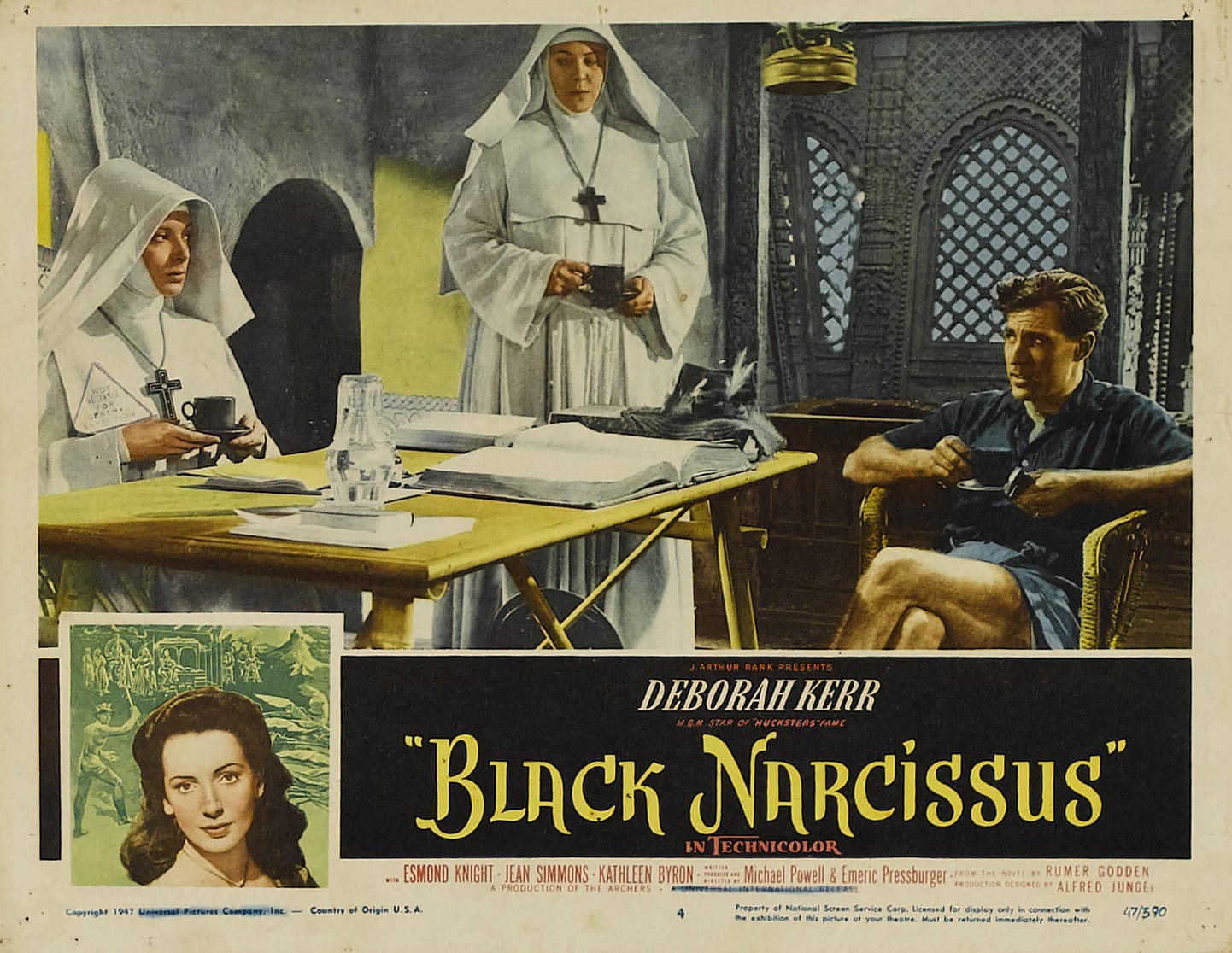
I followed The Apartment with the intensely erotic and marvellously mad, naughty and slightly crazy Black Narcissus - a film the Catholic church in the US tried to ban about a group of nuns who go mad in their lofty, isolated nunnery hanging off a mountain which was once home to a king's harem. The film was made at Pinewood, but you can't tell. The sets are wonderfully exotic, over and forbidding in typical Powell and Pressburger style.
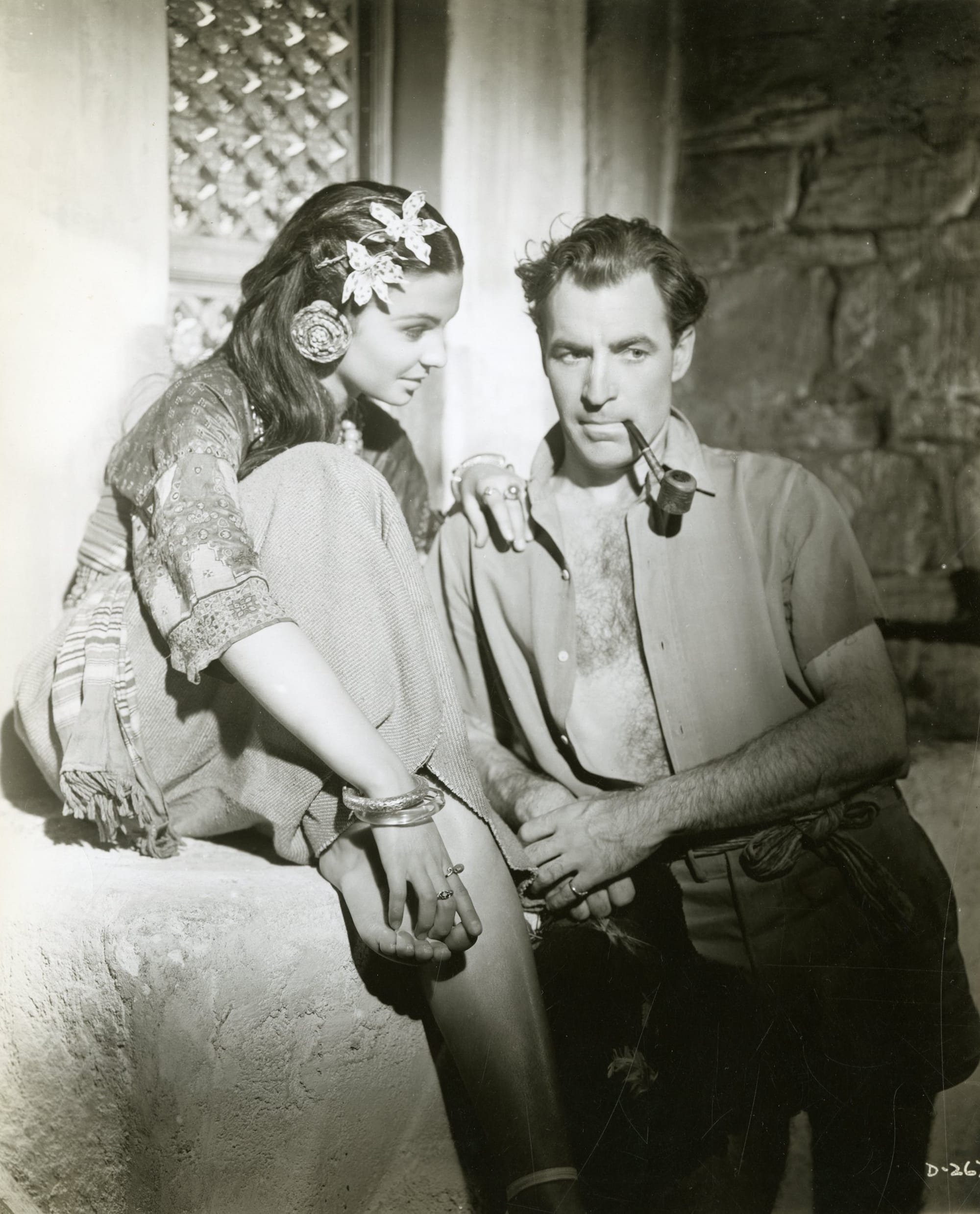
Deborah Kerr looks icily sublime in a habit and she is incandescent as the very young and uptight mother superior who took holy orders after being spurned by her childhood sweetheart. The sense of longing and love lost is told in moments of revelation or moments of longing and fantasy. Reader, I just wanted her to run off with the indecently sexy Mr Dean, David Farrar, frequently bare-chested and in very short, shorts. I want to see her red hair. What do you think? Either way, it's a strangely brilliant, hoot of a film by the cult auteurs Powell and Pressburger. My only grip? Flora Robson's role as Sister Philippa is too small and I can't make my mind up about Jean Simmons as the very naughty Kanchi who works her charms on The Young General, played by Sabu. You could also watch two of Powell and Pressburger's other celebrated films, A Matter of Life and Death and The Life and Death of Colonel Blimp. What a feast of forbidden fruits. Powell and Pressburger on ITVX.
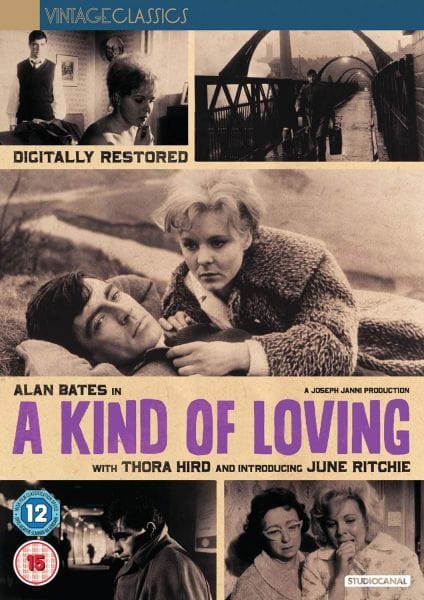
When you've had you've had your feel of daring, provocative P&P, don't you dare miss Alan Bates in A Kind of Loving, directed by John Schlesinger with a script co-written by Willis Hall and the Renaissance journalist and novelist Keith Waterhouse, who was a writer legend at The Daily Mirror. As a cub reporter, I was once given a vintage a very precious annotated copy of his Style Bible for Mirror Journalists. Bates burns with charm and animal magnetism (Like Sean Connery) that would make him a star of the seventies and films such as Women in Love and Far from the Madding Crowd. In the film adaptation of Ken Barstow's Kitchen Sink novel, he plays the self-assured son of an engine driver who works as a junior draughtsman in the office of a grim factory. The genius of this sixties gem is in the detail.
John Schlesinger makes the ordinary and mundane vivid and poetic, amid the grime, smoke, toil and rituals of working-class life. The story also lays bare the heartbreaking vulnerability of women at the birth of the sexual revolution. Ingrid Rothwell (June Ritchie), is the pretty and vulnerable office worker on whom Bates decides to set his cold, flickering heart.
The scene where Ingrid submits to sex, like a penance of the not-so-sexual revolution for women and inevitably gets pregnant, knowing that Bates cruelly blows hot and cold for her, is disturbing and desperately sad. It made me think of all the Ingrids of the past and present. Finally, Bates, the cool young man about town gets the dressing down he deserves from Ingrid's waspy protective mother, played by the wonderful Thora Hird. Oh, and the ending turns the tragedy around and delivers a lesson in growing up. A Kind of Loving.

For drama, the BBC has the latest series of the popular The Tourist, starring Jamie Dornan as a man suffering from amnesia after a car crash in the Australian outback. I think Dornan takes these roles as a penance to continue to cleanse himself of playing the thoroughly unpleasant and ridiculous character of Christian Grey. If Grey was broke instead of a billionaire and doing what he does, he would be in jail. Watch Dornan play Kenneth Branagh's father in the latter's autobiographical film Belfast instead. He's very good and the film is a powerful, profoundly human and authentic piece of storytelling on The Troubles, seen through the eyes of its children and the families forced to live through such savagery.
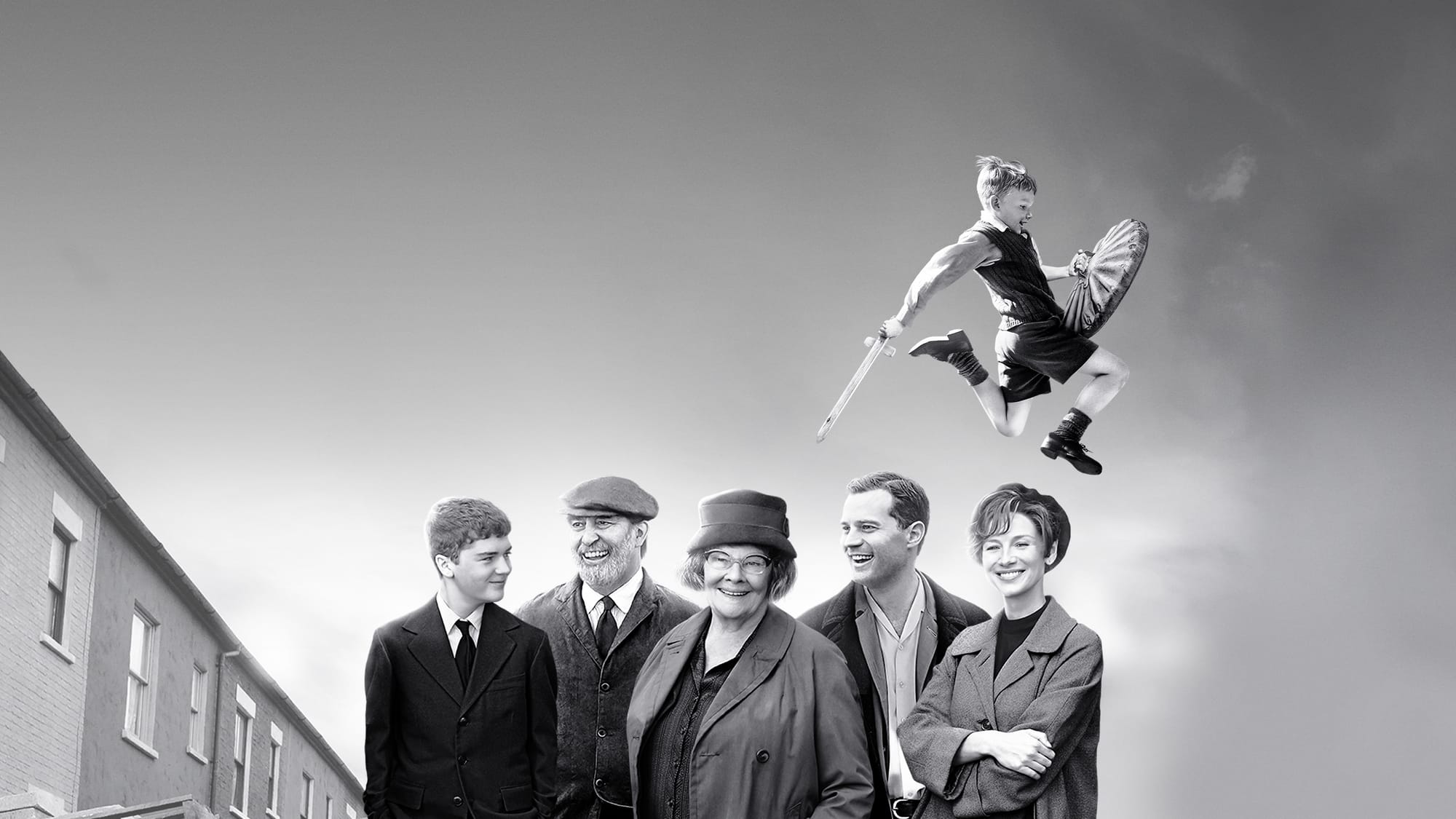
Then, I would much rather watch an absolute jewel of a drama from 1986 on BBCiPlayer. Watch one of our greatest British stage and film actresses Dame Wendy Hiller in All Passion Spent. Hiller played Eliza in the 1936 production of Pygmalion opposite Lesley Howard. Seek it out. As Lady Slane, Hiller is an indefatigable delight. She elegantly sees off her ghastly, meddling and mercenary children and takes off to Hampstead. She proceeds to sets up house alone with her French maid and enjoys the company of a small circle of admiring, elderly gentlemen including her eccentric landlord, Mr Bucktrout, and the enigmatic millionaire and art connoisseur, Mr Fitzgeorge, who has loved Lady Slane since he first set eyes on her in India, as the wife of The Viceroy. The idea of love lost and found at the age of 85 made this writer skip around the house. Fitzroy dies happy and leaves his spectacular art collection worth millions to the woman he adored. The scandal and family machinations over the money and what it means are great fun. As are the lessons on life, beauty, death, art and the joy of a peach tree are a delicious, uplifting treat.
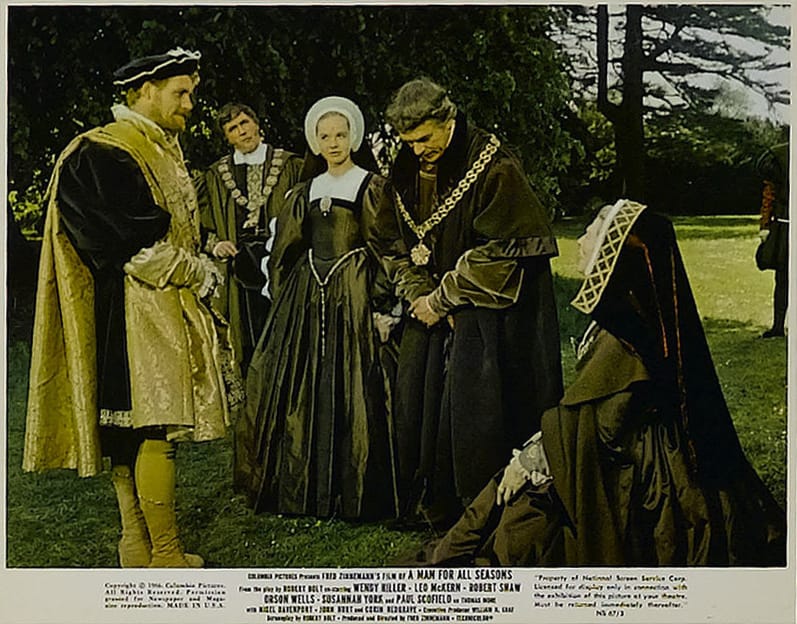
If you can handle something darker and more harrowing, Ruth Wilson delivers a mesmerizing performance in The Woman in the Wall, a Gothic horror story based on the real-life tragedy of Ireland's brutal Magdalene Laundries, where young women were cruelly incarcerated when they became pregnant outside marriage. Ireland's shame over the Magdalene Laundries is also covered in the film Philomena based on Martin Sixsmith's book on the real-life story of Philomena Lee, who was forced to give up her son in a Magdalene Laundry.
This Month's BFI Film Jewels, Past and Present
For the best independent film past and present this month's BFI gems. Check out the French Film Festival 2024 selection. Hot tips - The Green Perfume, a thrilling tale of espionage, theatre and the graphic novel and then take in Junkyard Dog, a tale of love and jealousy and friendships challenged in the South of France; Polaris, two sisters are forced to overcome fate and be guided the polar star and Super Drunk reveals that there is a strange machine in dad's wine cellar.
Radio Highlights
Radio 2 Piano Room
The Libertines perform live at Maida Vale with the BBC Concert Orchestra.
The Forum - Yves Saint Laurent - Fashion Revolutionary.
Alistair Cooke Memorial Lecture
Copyright Alison Jane Reid/The Luminaries Magazine February 2024. All Rights Reserved. No Copying in Any Format Whatsoever.
We Urgently Need More Support
Independent Slow Journalism Needs You! Become a paid support here -
Support The Luminaries Magazine
Or donate to our business Paypal Account Here - Support Alison Jane as the Editor and Founder of The Luminaries and Show Your Appreciation for this handcrafted slow journalism Review. Donate to The Luminaries Magazine.



